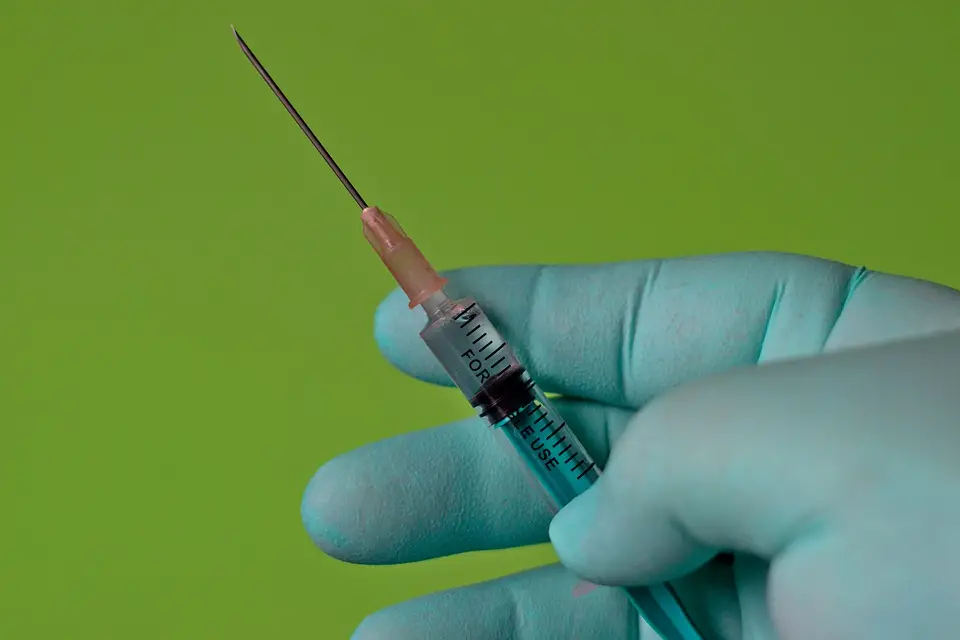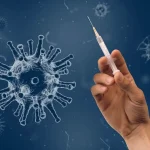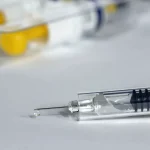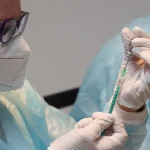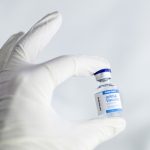As Poslovni Dnevnik writes, immunologist Luka Cicin Sain has stated that the question is what the response will be in regard to a third dose of the vaccine when new ones are placed on the market.
”We could have new, improved vaccines that are currently being worked on in just a few months,” noted immunologist Luka Cicin-Sain, whose team is also involved in research into new vaccines.
“The Wuhan virus and the Delta variant aren’t the same, but the differences between them aren’t big”
Despite the fact that so far we have had several different strains of the novel coronavirus that have each at some point dominated and spread among the population, such as the British, South African, and now the Delta strain – the coronavirus vaccines which are currently available for use have all remained the same, more or less meaning that they’ve been adapted to the very first Wuhan strain which is now virtually non-existent, overtaken by various other strains. The question on the lips of many is: Why get vaccinated with a third dose in that case at all?
“The Wuhan virus and the Delta virus aren’t the samw, but the differences between them aren’t big. The difference lies in the spike protein, and that’s what our antibodies recognise when we get vaccinated against a virus, they’ve only changed a few amino acids out of a thousand amino acids that make up this protein. Antibodies that are created after vaccination, which recognise these strains, can block both strains from entering the cells,” explained viral immunologist Luka Cicin Sain recently for Dnevnik Nova TV.
“It’s realistic to expect that some new coronavirus vaccines will be on the market at the end of the year”
He added that laboratories around the world are working on modifying the current vaccines.
“Vaccines that have a Delta strain spike instead of a Wuhan one are already being tested,” said the Croatian immunologist, who is also participating in such research.
“We’ve seen that it works very well with animals, that we can see longer-term protection, but we haven’t yet come to ask the regulatory agencies to start experimenting on humans. That said, others certainly already underdoing clinical trials in humans. It’s realistic to expect that new vaccine formulations will be on the market at the end of this year or the very beginning of next year,” he pointed out, but stressed that it isn’t yet known how much the vaccine will protect against strains which are yet to appear.
“There will be more types of coronavirus vaccines, just as there are with influenza vaccines”
He said there would be no single vaccine, but more types, which is done in a similar way each year for new influenza strains.
“Some of them will insert several variants of the spike, which is the case with influenza vaccines,” he explained.
Some people have been getting tests to check their antibody levels and see how protected they are. How good is that as an indicator?
“It’s not really ideal because there are cases where someone may have high levels of antibodies but that aren’t particularly effective, and vice versa. If you have a high amount of antibodies, it probably means that you don’t need a third dose of the vaccine,” immunologist Luka Cicin Sain stated.
He pointed out that there is still no clear information about people who have been infected with the novel coronavirus several times. It’s hard to say who contracted it and then recovered twice because some of them weren’t symptomatic the first time.
“With vaccines, it’s clear – if someone has been vaccinated, there’s information about it. It isn’t to be expected that vaccination and natural immunity will be the same, but natural immunity is acquired in a very expensive way, because it can cost lives,” concluded immunologist Luka Cicin Sain.
For all you need to know about coronavirus specific to Croatia, make sure to bookmark our dedicated section and select your preferred language.

